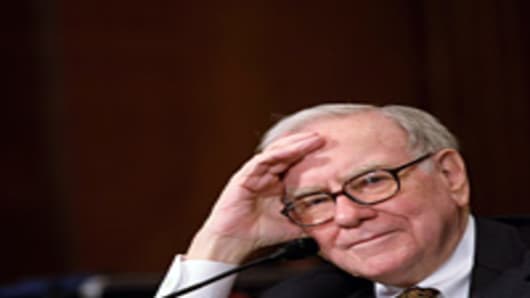Charles Munger, the long-standing business partner to Warren Buffett, has defended David Sokol even as the former senior Berkshire Hathaway executive remains under fire for buying shares in a chemicals company less than two months before its sale to Mr Buffett.
The scrutiny now facing Mr Sokol “was inevitable, because of the optics of the situation”, Mr Munger told the Financial Times.
“I don’t think he was trying to do anything immoral or take advantage of anyone. It was just a glitch.”
Mr Sokol had run two of Berkshire’s most-prominent businesses and appeared to top the list of candidates to succeed Mr Buffett. But he resigned last week after the company revealed he had bought shares in Lubrizol after he met investment bankers to discuss potential Berkshire targets.
He recommended the company to Mr Buffett, who agreed to buy it last month for $9 billion. The revelation stunned an investment world that had held Berkshire as the standard for corporate integrity and reignited questions over how Mr Buffett, 80, will pick his successor.
While Mr Buffett said last week he felt that Mr Sokol’s actions were not unlawful, the US Securities and Exchange Commission is reviewing his trades.
Mr Sokol told CNBC television that he did nothing wrong and that the Lubrizol trades did not trigger his resignation.
Besides, he added, Mr Munger had also bought shares in a company, Chinese battery maker BYD, before Berkshire later took a stake.
On Tuesday, Mr Munger said that his family’s BYD shares were made through a fund managed by Li Lu, an investor, and came well before he advised Mr Sokol to take a look at the company on Berkshire’s behalf.
“Years ago my children through the Li Lu fund bought into BYD and years later Berkshire bought some BYD,” he said. “And Dave went on the board. I stayed out of it.”
Mr Munger conceded Mr Sokol’s Lubrizol trades were similar to his family’s BYD investment “in one sense”, in that Berkshire ended up buying stakes in both companies.
“I don’t want to criticise his comparisons,” Mr Munger said. “Even now he says he would do it slightly differently had he had to do it all over again.”


